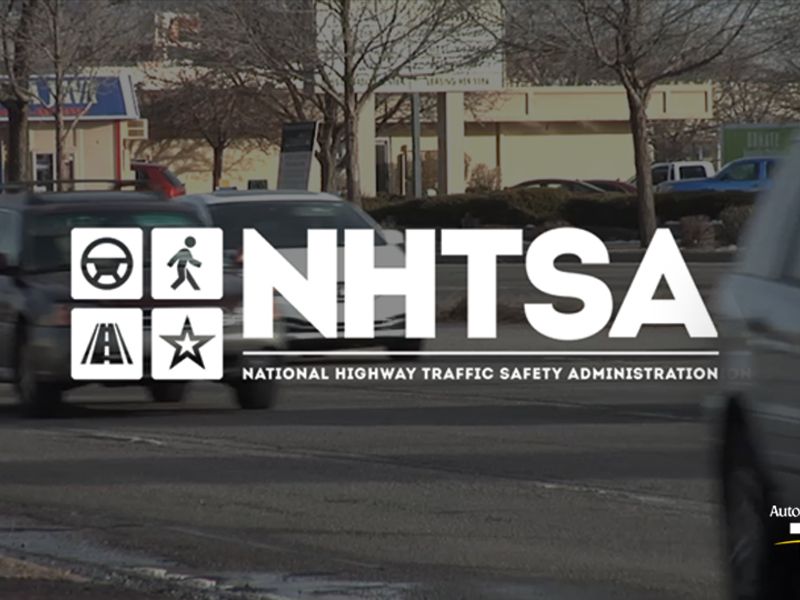
WASHINGTON — Hyundai Motor Co.’s and Kia Motors Corp.’s U.S. units on Friday agreed to a record-setting $210 million civil penalty with U.S. auto safety regulators over the untimely recalls of 1.6 million engines for fire risks.
The National Highway Traffic Safety Administration said the two affiliated Korean automakers agreed to consent orders after the agency said they had inaccurately reported some information to NHTSA regarding the recalls.
Hyundai agreed to subject to a total civil penalty of $140 million, including an upfront payment of $54 million, an obligation to spend $40 million on safety performance measures, and an additional $46 million deferred penalty if it does not meet requirements
Kia’s civil penalty totals $70 million, including an upfront payment of $27 million, requirements to spend $16 million on specified safety measures and a potential $27 million deferred penalty.
“It’s critical that manufacturers appropriately recognize the urgency of their safety recall responsibilities and provide timely and candid information to the agency about all safety issues,” said NHTSA Deputy Administrator James Owens.
The settlement covers recalls in 2015 and 2017 for manufacturing issues that could lead to bearing wear and engine failure.
As part of the settlement, Hyundai is investing $40 million to build a safety field test and inspection laboratory in the United States and implementing new IT systems to better analyze safety data.
“We are taking immediate action to enhance our response to potential safety concerns,” said Brian Latouf, chief safety officer, Hyundai Motor North America.
The settlements are separate from ongoing NHTSA investigations into non-crash fires in certain Hyundai and Kia vehicles, some of which have the recalled engines.
In 2019, Reuters reported a group of U.S. states were investigating Hyundai and Kia for potential unfair and deceptive acts related to reports of hundreds of vehicle fires.
In November 2018, Reuters reported that federal prosecutors had launched a criminal investigation into Hyundai and Kia to determine if vehicle recalls linked to engine defects had been conducted properly.